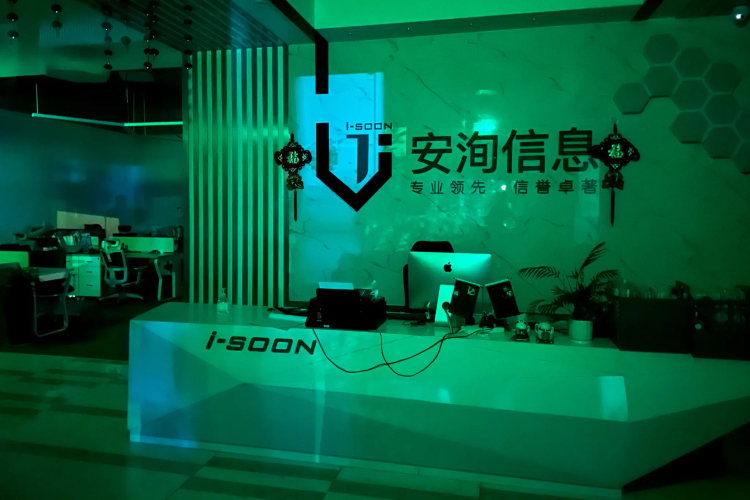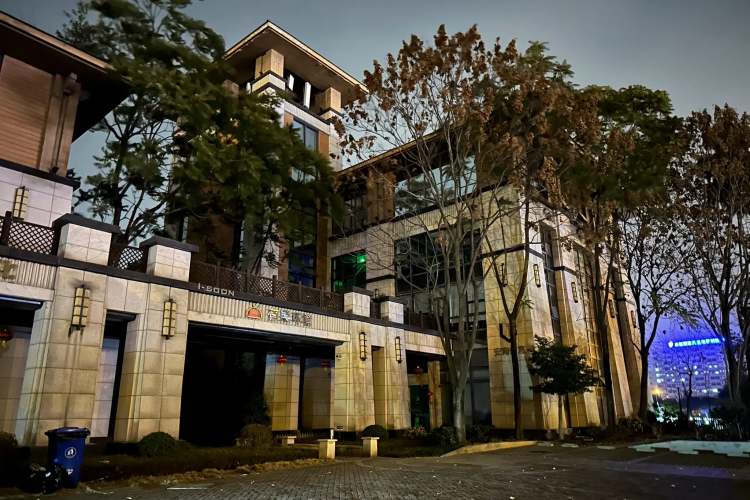The Secret World of China's Hackers for Hire
Leaked documents expose , China hire hackers to hack foreign governments domestic surveillance.
Outline for "Unveiling the Shadows: Inside China’s Cyberespionage Operations"
| Section | Sub-section |
|---|---|
| Introduction | - Overview of China's use of private hackers |
| The Rise of Private Cyber Forces | - Transition from state to private cyber operations |
| Services and Price Tags | - Menu of hacking services offered |
| Case Study: Hacking Operations | - Example of Vietnam traffic police website hack |
| I-Soon: A Glimpse into China’s Cyber Arsenal | - Profile of I-Soon security firm |
| Global Targets, Local Impact | - Focus on Asia: South Korea, Taiwan, and others |
| Monitoring Domestic Dissent | - Surveillance of ethnic minorities and online platforms |
| Authentication of Leaked Data | - Analysis by cybersecurity experts |
| Collaboration with Government Agencies | - Ties to the Ministry of State Security and others |
| The Hacking Ecosystem | - The role of private-sector talent in state-sponsored hacking |
| International Espionage Efforts | - Hacking American companies and government agencies |
| Tactics and Technologies | - Overview of hacking tools and methods |
| Challenges of Control | - The difficulty of managing private hackers |
| Shifting Strategies under Xi Jinping | - Changes in China’s hacking operations |
| The Commercialization of Espionage | - The rise of hacking contractors like I-Soon |
| Leaked Documents: A Closer Look | - Analysis of the leaked I-Soon documents |
| Implications for Global Security | - The impact of China’s hacking on international relations |
| Defending Against Cyber Threats | - Strategies for counteracting Chinese cyber operations |
| Conclusion | - Summary and future outlook |
| FAQs | - Key questions and answers about China's cyberespionage |
Unveiling the Shadows: Inside China’s Cyberespionage Operations
Dive into the secretive world of China's hackers for hire. Discover how private companies like I-Soon fuel Beijing's cyberespionage campaigns against global and domestic targets.
In the digital age, the lines between statecraft and the private sector blur, especially in the realm of cyberespionage. China, a dominant player in this domain, has increasingly outsourced its hacking operations to private companies. These entities offer a wide range of services, from penetrating foreign governments' websites to orchestrating disinformation campaigns. This shift reflects a broader strategy to harness private-sector innovation for state objectives while maintaining deniability and flexibility.
The Rise of Private Cyber Forces
China's turn towards private cyber forces marks a significant evolution in its approach to digital espionage. This strategy allows the state to tap into the specialized skills and cutting-edge technologies developed in the private sector, thereby enhancing its capacity to conduct sophisticated cyber operations without directly implicating government agencies.
Services and Price Tags
The hacking services provided by these private entities come with various price tags, catering to different needs and budgets. For instance, a local government in southwest China reportedly paid less than $15,000 for access to a Vietnamese traffic police website. Meanwhile, more complex services, such as disinformation campaigns or hacking social media accounts on platforms like Telegram and Facebook, can cost up to $278,000.
Case Study: Hacking Operations
A telling example of these operations is the hacking of the Vietnam traffic police's private website by a Chinese local government. This operation exemplifies the targeted nature of China's cyber campaigns, which often focus on acquiring specific types of information or disrupting particular activities of interest.
I-Soon: A Glimpse into China’s Cyber Arsenal
At the heart of China's private hacking industry lies I-Soon, a security firm implicated in numerous cyberespionage activities. The leaked documents revealing I-Soon's offerings provide a rare insight into the mechanics of China's cyber operations, underscoring the firm's role in supporting Beijing's digital espionage agenda.
Global Targets, Local Impact
I-Soon's operations have spanned across Asia, targeting nations like South Korea, Taiwan, Hong Kong, and India. These activities not only reflect China's strategic interests in the region but also its intent to project power and gather intelligence on a global scale.
Monitoring Domestic Dissent
Domestically, China employs these cyber capabilities to monitor and suppress dissent. Ethnic minorities and online gambling companies have been particular targets, highlighting the regime's use of digital surveillance to maintain control over its population.
Authentication of Leaked Data
The authenticity of the leaked documents pertaining to I-Soon's operations has been confirmed by cybersecurity experts. This leak provides unprecedented transparency into the otherwise opaque world of state-sponsored hacking, revealing the extent and specificity of China's cyberespionage activities.
Collaboration with Government Agencies
I-Soon's collaboration with various Chinese government agencies, including the Ministry of State Security and the People's Liberation Army, illustrates the deep ties between the state and private hackers. This partnership enables China to leverage private expertise for national security objectives, blurring the boundaries between government and civilian sectors.
The Hacking Ecosystem
The emergence of private hacking firms like I-Soon is part of a larger ecosystem that includes patriotic hackers and other non-state actors. This community has evolved from its nationalist roots to become a sophisticated network supporting Beijing's cyberespionage efforts.
International Espionage Efforts
The United States and other nations have long accused China of conducting cyber operations against their companies and government agencies. The leaked documents reinforce these allegations, showing how China's use of private hackers extends its espionage reach beyond its borders.
Tactics and Technologies
The diversity of tactics and technologies employed by Chinese hackers for hire reflects the sophistication of their operations. From breaking into email accounts to collecting sensitive data from social media platforms, these tools enable a broad spectrum of espionage activities.
Challenges of Control
While outsourcing hacking operations to private firms offers many advantages, it also presents significant challenges in terms of oversight and control. Some Chinese contractors have engaged in activities that conflict with Beijing's diplomatic priorities, highlighting the risks of this decentralized approach to cyberespionage.
Shifting Strategies under Xi Jinping
Under the leadership of Xi Jinping, China has intensified its hacking efforts, with a particular focus on engaging private firms. This shift reflects a strategic decision to bolster China's cyber capabilities while navigating the complexities of international diplomacy.
The Commercialization of Espionage
The rise of hacking contractors like I-Soon signals a new era in espionage, where commercial interests and state objectives intersect. These firms operate in a grey zone, offering services that range from straightforward cybersecurity solutions to covert cyber operations on behalf of the state.
Leaked Documents: A Closer Look
A detailed examination of the leaked I-Soon documents reveals the firm's internal operations, marketing strategies, and the range of services offered. This insight into I-Soon's business model provides a glimpse into the broader industry of hacking for hire in China.
Implications for Global Security
The activities of Chinese hackers for hire have profound implications for global security. By outsourcing cyberespionage to private firms, China has expanded its intelligence-gathering capabilities while complicating international efforts to attribute and counteract these operations.
Defending Against Cyber Threats
In response to the growing threat from Chinese cyberesp
What's Your Reaction?























